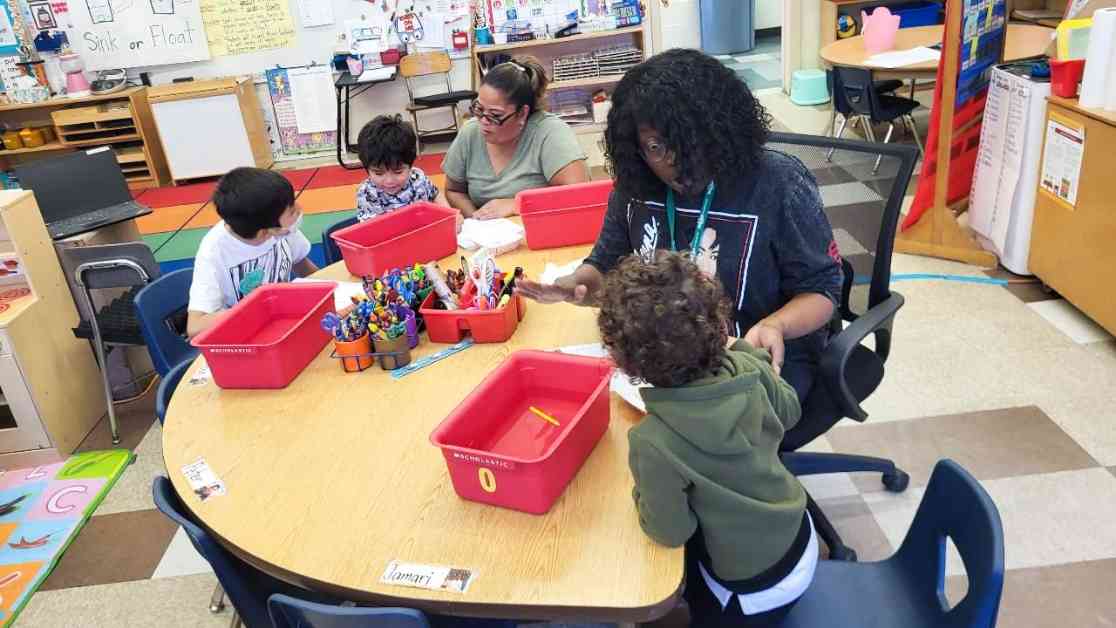Educators like Petrina Miller at 116th Street Elementary School in Los Angeles often find themselves spending their own money to enhance the curriculum for their students. This practice of customizing teaching strategies is more common than one might think, as many teachers feel that off-the-shelf curriculum materials do not effectively engage students or meet their diverse needs.
While some may question the wisdom of straying from the prescribed curriculum provided by school districts, experts suggest that a certain degree of customization can be beneficial. By tailoring teaching strategies to better suit the needs of students, educators can create a more inclusive and culturally relevant learning experience. This approach can be especially important for students with disabilities or English language learners who may require additional support.
In a recent article published in collaboration with Chalkbeat, teachers shared their experiences with creating their own curriculum materials. They emphasized the importance of incorporating diverse perspectives and local histories into their lessons, which can be challenging with pre-made curriculum resources. This highlights the need for flexibility and autonomy in curriculum development to ensure that all students receive a comprehensive and engaging education.
The issue of declining math scores on a global scale has also raised concerns about the effectiveness of standardized curriculum materials. The Program for International Student Assessment revealed a significant drop in math scores, prompting educators to reconsider the ways in which math is taught and assessed. This underscores the importance of adapting teaching strategies to better support student learning and achievement.
Furthermore, a recent report from the Consumer Financial Protection Bureau shed light on the hidden costs associated with school lunch programs. Financial companies that handle lunch payments for school districts often charge fees that ultimately burden families. This highlights the need for transparency and accountability in educational practices to ensure that all students have access to essential services without incurring unnecessary expenses.
As educators continue to navigate the complexities of curriculum development and student engagement, it is essential to prioritize the needs of individual learners. By customizing teaching strategies and incorporating diverse perspectives into the curriculum, educators can create a more inclusive and effective learning environment for all students. This emphasis on personalized education reflects a commitment to meeting the unique needs of each learner and fostering a culture of academic excellence and equity in schools nationwide.

